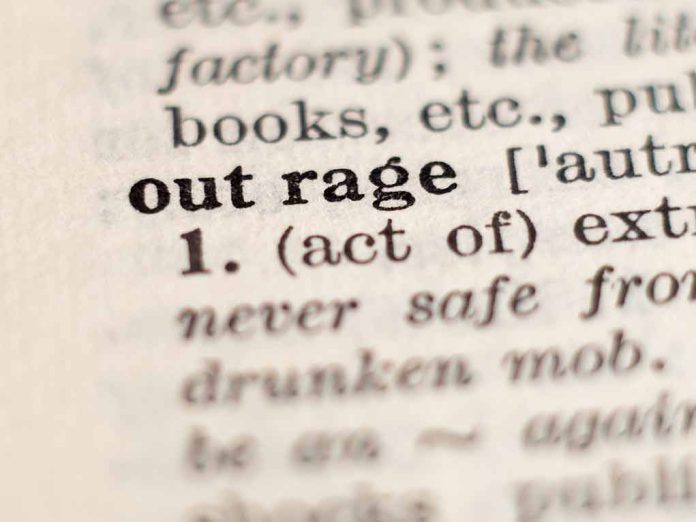
Hamas delivers bodies of Israeli hostages, including two toddlers, in locked coffins without keys, sparking outrage and grief.
Top Takeaways
- Hamas handed over bodies of four Israeli hostages, including two young children and their mother, in locked coffins.
- The bodies were paraded through Gaza streets before being transferred to Israel.
- Israeli President Isaac Herzog expressed national grief and asked for forgiveness.
- The incident may influence negotiations for the second stage of the ceasefire.
- More hostage releases and body transfers are expected as part of the ongoing ceasefire agreement.
Hamas Hands Over Bodies of Israeli Hostages
In a grim development in the ongoing Israel-Hamas conflict, Hamas has delivered the bodies of four Israeli hostages to Israel in locked coffins without keys. The deceased include two toddlers, Kfir Bibas (9 months old) and Ariel Bibas (4 years old), their mother Shiri (33 years old), and Oded Lifshitz (84 years old). This act has intensified the already tense situation and highlighted the brutal nature of the hostage crisis.
Before the transfer, Hamas paraded the bodies through the streets of Gaza, a move that has been widely condemned as a deliberate provocation. Upon receiving the bodies, the Israeli Defense Forces (IDF) saluted the deceased hostages, transferring them to new coffins draped with Israeli flags. The remains were then transported to the Abu Kabir forensic institute in Tel Aviv for identification, a process that officials stated could take up to 48 hours.
National Grief and Political Implications
The return of these hostages’ bodies has sparked a wave of national grief in Israel. President Isaac Herzog expressed the country’s sorrow and, in a poignant moment, asked for forgiveness for not protecting the hostages. This tragic event serves as a stark reminder of those who have died in captivity during this prolonged conflict.
The Bibas family, who had been holding onto hope for their loved ones’ return, now face the heartbreaking reality of their loss. Oded Lifshitz, whose remains were identified by his family, was a journalist known for advocating Palestinian rights and peace, adding another layer of complexity to this tragic situation.
Ongoing Hostage Crisis and Ceasefire Negotiations
This incident is part of a larger hostage crisis that began on October 7, when Hamas abducted 251 people and killed approximately 1,200 in an attack on Israel. Since then, more than half of the hostages have been released or rescued, with some bodies recovered. Hamas has indicated plans to release more hostages and bodies as part of the ceasefire agreement.
The transfer of these bodies may significantly influence negotiations for the second stage of the ceasefire. However, the future of the ceasefire remains uncertain due to conflicting goals between Hamas and Israel. The situation is further complicated by controversial proposals from various international figures, including former U.S. President Donald Trump.
As both sides grapple with the aftermath of this latest development, the international community watches closely, hoping for a resolution that can bring an end to the violence and suffering that has marked this conflict. The return of these hostages’ bodies serves as a grim reminder of the human cost of war and the urgent need for a lasting peace in the region.
Sources:
- Bodies of Israeli hostages — including Bibas tots — passed through metal detectors to check for Hamas booby traps as they are released
- Israel ‘enraged by Hamas monsters’ after coffin parade, says Netanyahu
- Hamas returns bodies of 4 Israeli hostages said to include a mother and her 2 young children




